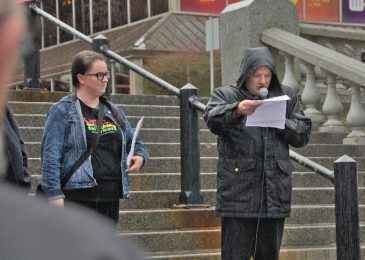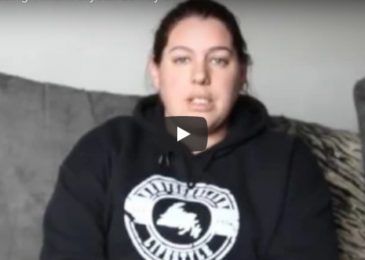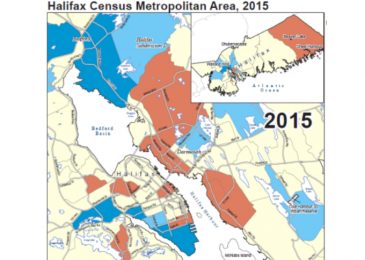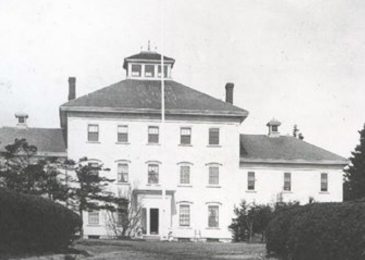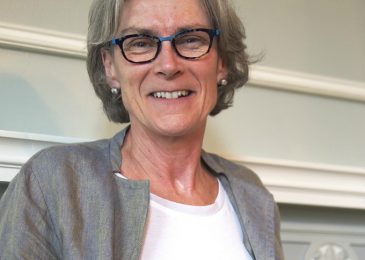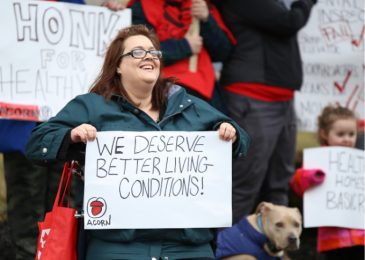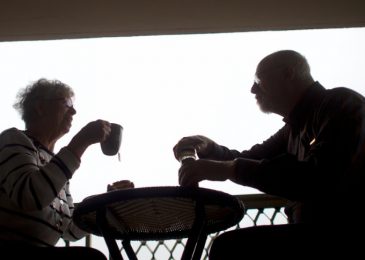Poverty activist Kendall Worth on May Day: All we can do is continue to fight and hope things get better
Poverty activist Kendall Worth reminds people attending the Halifax May Day celebration that the desire for dignity and a half decent life is as real and as urgent for people on social assistance as it is for all working people.

